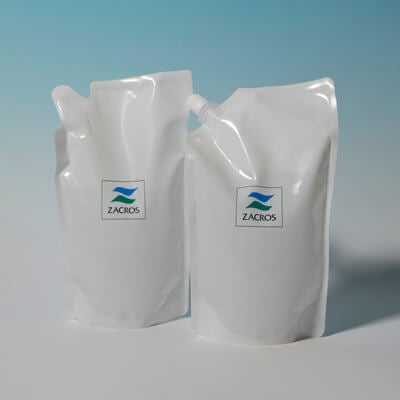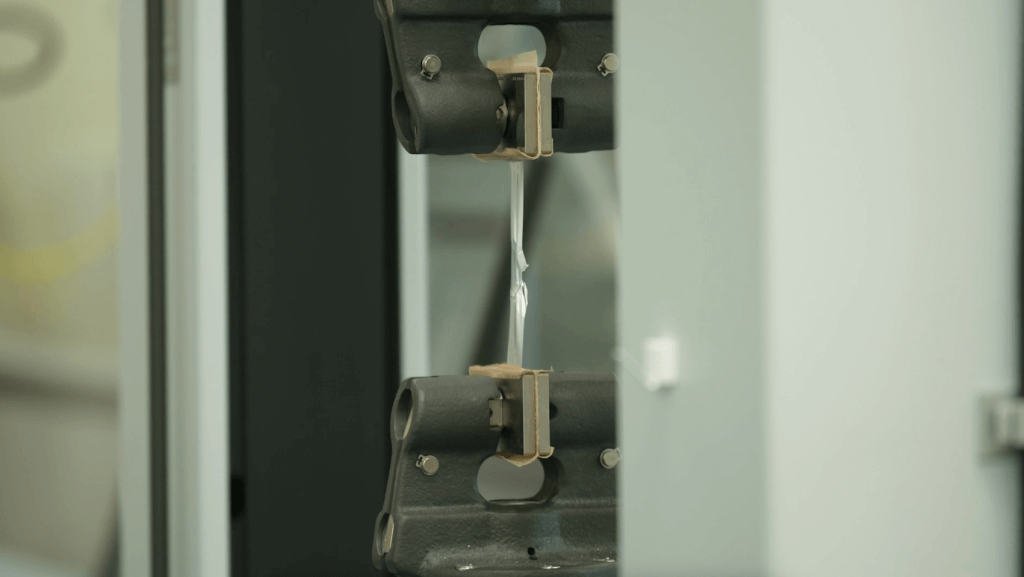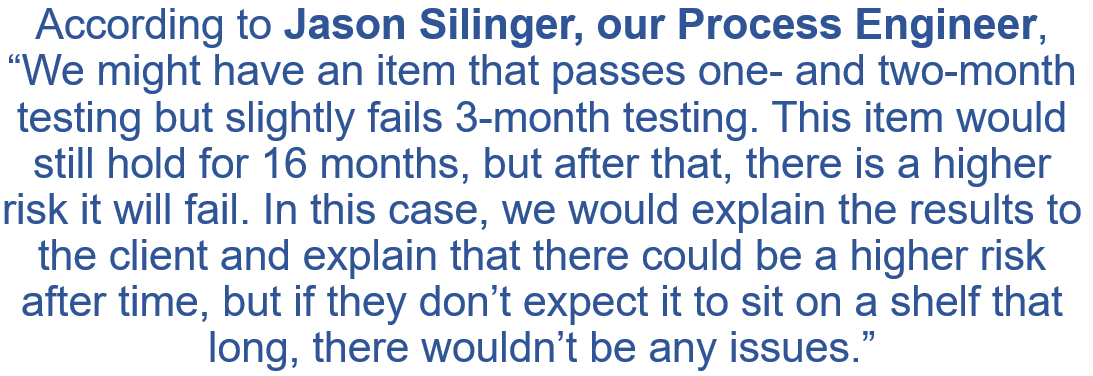Chemical compatibility is essential with refill pouches. It is crucial for anyone in transporting, packaging, or manufacturing chemicals. Many things could go wrong with a product if it is not packaged in a refill pouch that it is chemically compatible with. Failure to consider the compatibility of the refill pouch’s material with the chemical properties of the substance being stored could lead to a detrimental loss for both parties.
Grasping Chemical Compatibility
There is a lot to chemical compatibility, so getting a better understanding of it is the best way to begin. Chemical compatibility refers to the ability of two or more chemicals to blend without causing adverse reactions. The chemical makeup of each chemical can determine whether they are suitable or not.

If two incompatible chemicals are blended, it can cause a hazardous reaction, such as generating toxic gases, explosions, or fires. This is something that everyone wants to try their best to avoid and not deal with a dangerous situation. It Is essential to consider the compatibility of chemicals to ensure safe handling, storage, or transportation.
Refill Pouch and Chemical Compatibility
More home and personal care products are recently sold in a flexible pouch format. Testing chemical compatibility with refill pouches is pertinent to ensure that the pouches and product match. The primary reason why chemical compatibility is critical with refill pouches is that liquid products, such as shampoo, conditioners, cleaning agents, detergents, and even palatable items, can have unpredictable chemical compositions. The conditioner chemicals could damage pouches the most with their aromatic essence. These compositions may react with the equipment used to make pouches, leading to unsuitable outcomes.

For instance, incompatible materials may react with the liquid, damaging the pouch or even leading to product contamination. This can render the entire refill unsuccessful and hazardous in some cases. Furthermore, liquid leakage can lead to product waste, potential injuries, and increased costs. Some liquids can create gas over time, causing a potential explosion of packaging.
As an outcome, it is essential to warrant that the refill pouch material is compatible with the liquid inside it to avoid unforeseen problems. Choosing a pouch material that complements the liquid product not only ensures that the product is safely contained but also extends the life of the pouch.

The ZACROS Way
Here at Zacros America, we ensure that all products in our pouch are chemically compatible. ZACROS simulates shelf life by putting our pouch with products in a humidity oven. One month in the oven = eight months of actual shelf-filled life.
After removing it from the oven, we perform tensile testing for each sealing area to ensure its seal ability. We also test the inter-layer adhesion to see if the contents cause any degradation, which could lead to bursting/leaks.

When the testing finds that the results are under our in-house requirements, it does not mean the product is incompatible. It just means there is a higher risk of failure after “X” time, and we cannot guarantee it will not fail. We test with other material and adhesive options if they are incompatible or have a higher risk of failure. We currently run compatibility tests on all new products planned to be used inside our pouches.

Conclusion
The importance of chemical compatibility with refill pouches cannot be highlighted enough. Advancements in pouch material science and increasing regulatory requirements have made it possible to achieve high levels of compatibility and safety. At ZACROS, we prioritize chemical compatibility in our product design and selection to ensure that they provide safe and effective products to our customers.
Refill Pouches
Are you interested in refill pouches? ZACROS has been manufacturing refill pouches for home and personal care products for over 25 years. ZACROS provides a wide range of refill pouches, from a spoutless laminated pouch to a monomaterial spout pouch. We assist with material selections and designs to filling assist. Contact us today to learn more about sustainable refill pouch options.
References
American Chemical Society. “Chemical Storage.” American Chemical Society (ACS), https://www.acs.org/about/governance/committees/chemical-safety/publications-resources/chemical-storage.html.
Biocompatibility Failure & Solvent Effect on Chemical Characterization (mddionline.com)
